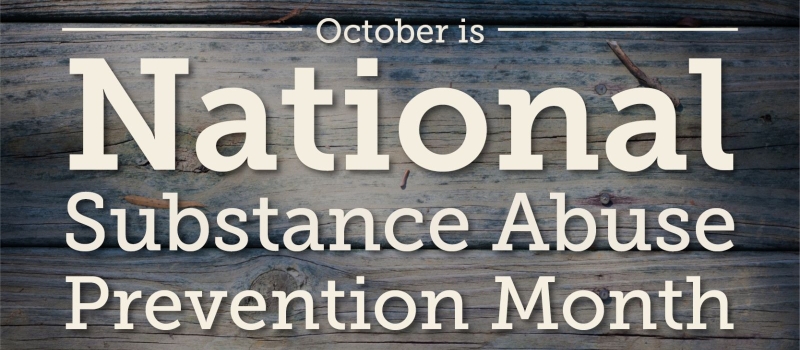Building Strong Foundations for a Healthier Tomorrow
Monday, October 30, 2023 Natalie Gruka

Substance abuse remains a pervasive and concerning issue worldwide, impacting the lives of millions of individuals and their communities. Preventing substance abuse is a crucial step in mitigating its adverse effects on public health, relationships, and society at large. In this article, we will delve into the importance of substance abuse prevention, the key factors contributing to this problem, and strategies that can help individuals, families, and communities build a healthier and safer future.
Understanding Substance Abuse
Substance abuse, often referred to as substance use disorder, encompasses the harmful or hazardous use of psychoactive substances such as alcohol, illicit drugs, or prescription medications. It leads to a range of physical, psychological, and social problems. Substance abuse can take many forms, from excessive alcohol consumption to addiction to drugs like opioids, cocaine, and methamphetamine. Understanding the root causes and risk factors for substance abuse is essential for effective prevention.
The Importance of Prevention
Prevention is a cornerstone in addressing the substance abuse crisis. It not only saves lives but also reduces the significant economic and societal burdens that substance abuse places on healthcare systems, criminal justice, and families. Prevention, as the saying goes, is far better than a cure. By focusing on early intervention and education, we can reduce the prevalence of substance abuse and its associated harms.
Key Factors Contributing to Substance Abuse
1. Genetic Predisposition: Genetic factors can influence an individual's susceptibility to addiction. If a person has a family history of substance abuse, they may be at a higher risk.
2. Environmental Factors: Growing up in an environment where substance abuse is prevalent can increase the likelihood of an individual using drugs or alcohol. Stressful or traumatic life events can also play a role.
3. Peer Pressure: Pressure from peers to experiment with substances is a common contributor to substance abuse, especially among adolescents and young adults.
4. Accessibility: The availability and ease of obtaining drugs and alcohol can significantly impact substance abuse rates. Stricter regulations can help limit accessibility.
5. Mental Health Issues: Co-occurring mental health disorders, such as depression or anxiety, can lead some individuals to self-medicate with drugs or alcohol.
Strategies for Substance Abuse Prevention
1. Education and Awareness: Providing accurate information about the risks associated with substance abuse is crucial. Prevention programs in schools, workplaces, and communities can help raise awareness and promote informed decision-making.
2. Early Intervention: Identifying and addressing risk factors early is vital. This can involve counseling, therapy, or support for individuals at risk or who have already started using substances.
3. Promotion of Healthy Coping Mechanisms**: Encourage individuals to develop healthier ways of coping with stress and adversity, such as exercise, mindfulness, and seeking emotional support.
4. Parental Involvement: Parents play a critical role in substance abuse prevention. Open communication, setting a positive example, and monitoring their children's activities can help deter substance abuse.
5. Community Support: Building strong, drug-free communities through support groups, local initiatives, and community organizations can provide a safety net for individuals vulnerable to substance abuse.
6. Legislation and Regulation: Implement and enforce policies that restrict the availability of drugs and alcohol to underage or at-risk populations. This can include strict age limits and penalties for selling to minors.
7. Treatment and Rehabilitation: Ensure that individuals struggling with substance abuse have access to effective treatment and rehabilitation programs. It's essential to view addiction as a health issue and offer support and resources for recovery.
Substance abuse prevention is an ongoing process that requires a collective effort from individuals, families, communities, and governments. By addressing the root causes and risk factors, promoting education and awareness, and providing accessible treatment options, we can make significant strides in reducing the impact of substance abuse on society. Together, we can build a stronger, healthier tomorrow free from the shackles of addiction.




